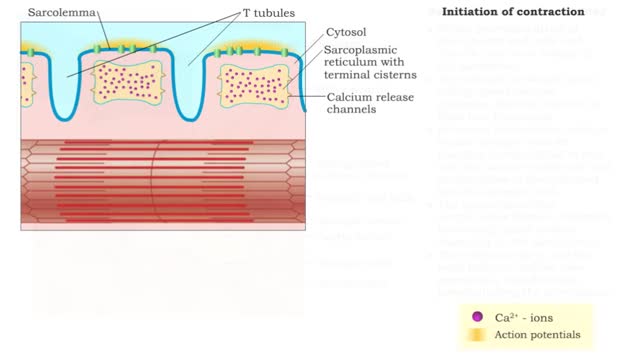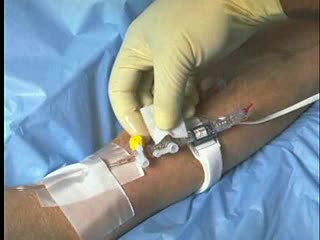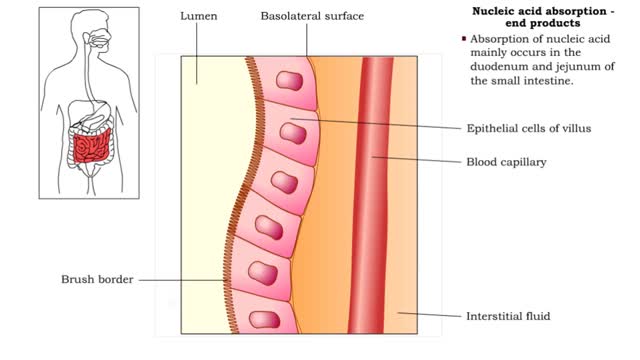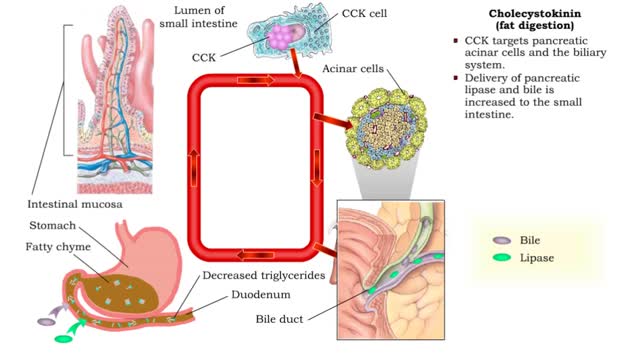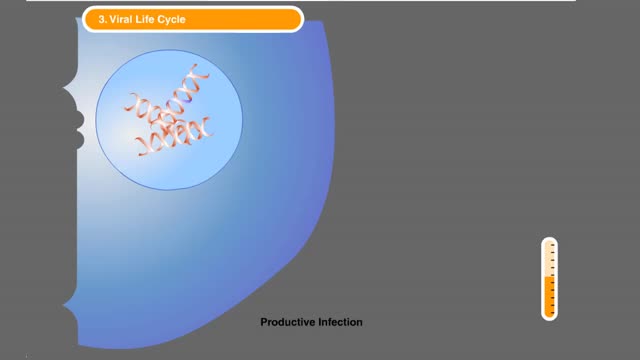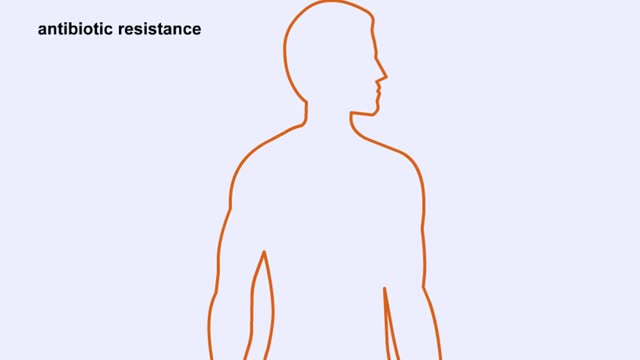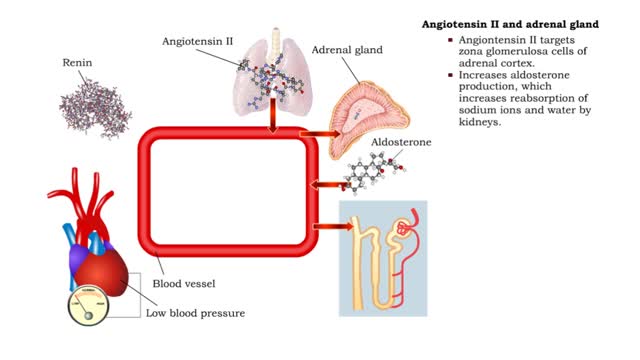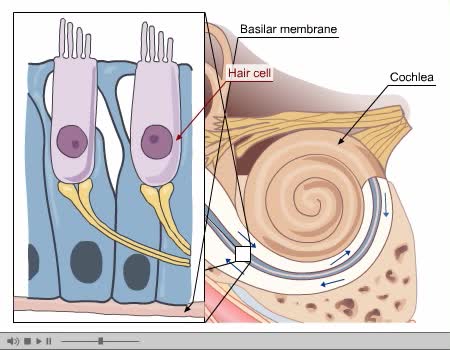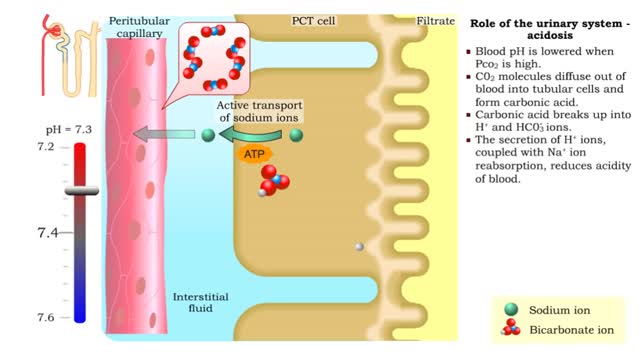Search Results
Results for: 'systemic tissue cells'
Nervous pathway to the Neuromuscular (NMJ)
By: HWC, Views: 11555
• A nervous impulse, also called an action potential, starts from the brain or spinal cord to signal skeletal muscle cell contraction. Action potentials continue along a motor neuron to the muscle cell. • The signal to contract must cross a synapse - the neuromuscular junction (NMJ) - betwe...
By: Administrator, Views: 14772
Leukemia is a type of cancer that affects the blood and bone marrow. Leukemia begins in a cell in the bone marrow. The cell undergoes a change and becomes a type of leukemia cell. Once the marrow cell undergoes a leukemic change, the leukemia cells may grow and survive better than normal cells.
Nucleic acid digestion - brush border enzymes, end products & transport mechanism
By: HWC, Views: 10897
• Further digestion occurs at the microvilli (brush border) of the epithelial cells of the villi in the small intestine. • Two brush border enzymes complete nucleic acid digestion: • Phosphatases, which catalyze the cleavage of a phosphate to form a nucleoside (nitrogenous base and pent...
Secretin (inhibiting gastric acid secretion), Cholecystokinin (fat digestion) & Cholecystokinin
By: HWC, Views: 10925
• As chyme approaches the small intestine, secretin also targets acid-producing parietal cells in the gastric mucosa. • Increased secretin inhibits gastric add secretion. • With less gastric acid produced, the chyme going into the intestine is less acidic. • The hormone CCK also reg...
HIV Infection: Viral life cycle
By: HWC, Views: 10480
The series of steps that HIV follows to multiply in the body. The process begins when HIV encounters a CD4 cell. The seven steps in the HIV life cycle are: 1) binding; 2) fusion; 3) reverse transcription; 4) integration; 5) replication; 6) assembly; and 7) budding. Many viruses f...
Natural Selection, Species Isolation and Real World Example
By: HWC, Views: 10481
`Natural selection' is the process in which organisms with adaptive traits survive and breed in greater number than organisms without such traits. Eventually, almost all of the individuals in the population will have the same adaptive trait. This was the concept presented by Charles Darwin in ...
Angiotensin II - kidneys, adrenal glands and dehydration
By: HWC, Views: 11137
• Angiontensin II targets cells in the proximal convoluted tubule of the nephron. ■ The reabsorption of Na+ and Cl- ions sets up an osmotic gradient favoring the retention of water. • Decreases urine production and increases blood volume and pressure. • Angiontensin II targets zon...
By: Administrator, Views: 14392
Process of Hearing Sound waves are directed to the eardrum, causing it to vibrate. These vibrations move the three small bones of the middle ear (malleus, incus, and stapes). Movement of stapes at oval window sets up pressure waves in the perilymph and endolymph. Process of Hearing The wav...
Role of the urinary system - acidosis and alkalosis
By: HWC, Views: 11214
• Tubular cells of the proximal convoluted tubule and collecting tubules can alter filtrate pH and therefore blood pH. • These cells can affect blood pH with two coupled mechanisms: • Reabsorption of bicarbonate ions. • Secretion of hydrogen ions. • The reabsorption of bicarbonate...
Advertisement



